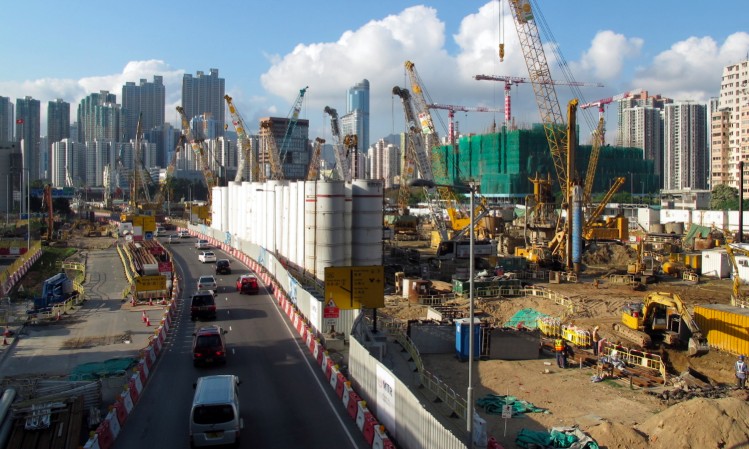The debacle of the Express Rail Link (“ERL”) additional funding request in recent weeks left many Hong Kongers enraged. Not only are taxpayers now on the hook for another HK$19.6 billion, but acting Chairman of the Finance Committee Chan Kam-Lam has made a troubling mockery of the legislative process.
Due to the systemic biases in the way Hong Kong elects its lawmakers, filibustering arguably increases the legitimacy of the political system by allowing directly elected lawmakers to reflect the public’s disapproval of policies and bills. The government conveniently accuses pan-democrats of opposing everything for the sake of it. Even if this allegation is true, it is no excuse for the government steamrollering bills through the Legislative Council without proper scrutiny.

We used to be more pragmatic and understanding of Beijing’s need to retain indirect control of the legislature by vesting power in loyalists. We are also accustomed to executive-led legislatures from the colonial era. For people to acquiesce to this power imbalance, the government and establishment lawmakers must create a perception of respecting public opinion.
A good illustration would be James Tien Pei-Chun breaking ranks with the government over Article 23 in 2003. His calling for CY Leung’s resignation after the use of tear gas on student protesters is the sort of act that can inspire general confidence in the weak legislature.
There are many outstanding issues about the ERL additional funding that require clarification. The arithmetic and remaining timeline of this project requires thorough scrutiny and the public wants a more concrete response regarding the customs checkpoint before handing over the cheque.
There was certainly an intention to filibuster the funding debate but there were also substantive matters to be raised. By forcibly approving the funding requests, Chan’s behaviour lifted the “veil of legitimacy” of the Legislative Council and dangerously underscored its irrelevance in plain view of the public.

During the New Territories East by-election, the DAB failed on the platform of returning Hong Kong to the “right path” by stopping filibustering. The continual labelling of filibustering as counter-productive is a complete misreading of Hong Kong’s political environment. The government’s hawkish turn, as illustrated by Chan’s tyrannical behaviour, is pushing people away from Hong Kong’s traditional and moderate methods of political expression.
Chan’s choice of tactics is in accordance with the rules of the Legislative Council. Protesters throwing bricks is clearly illegal. Yet, from a moral perspective, Chan’s suppression of the public’s voice inside the “people’s council” is as violent as the behaviour of the ultra-radicals on New Year’s night in Mong Kok.
